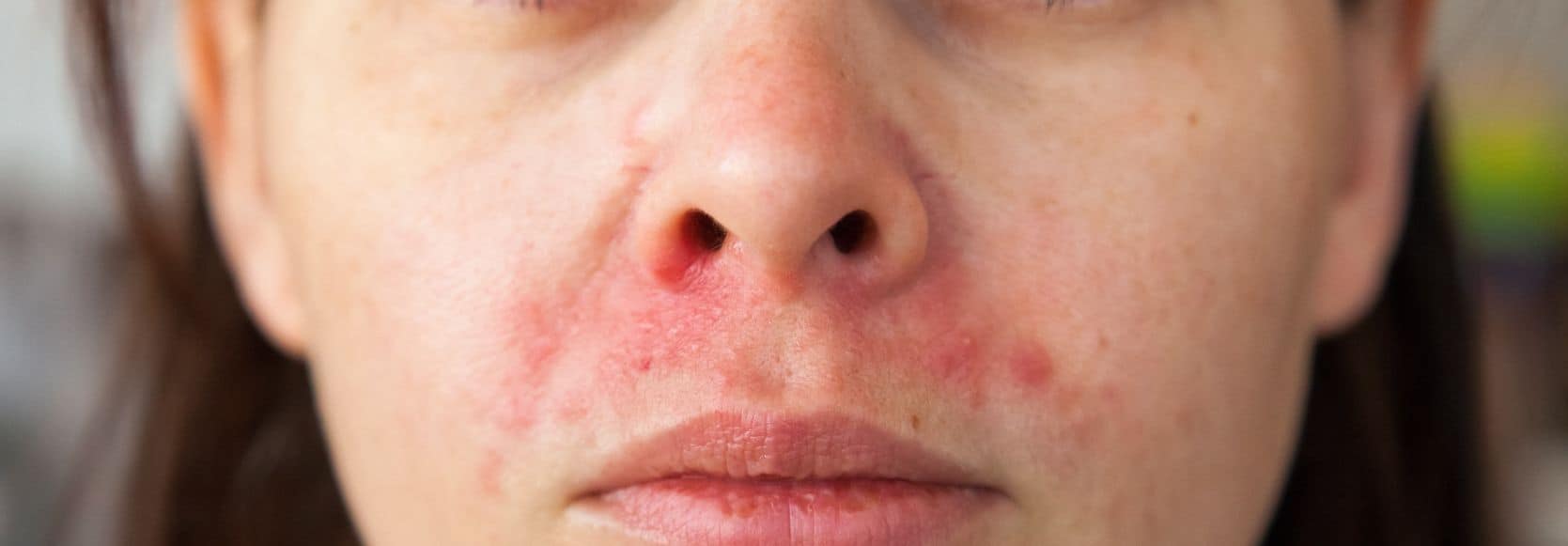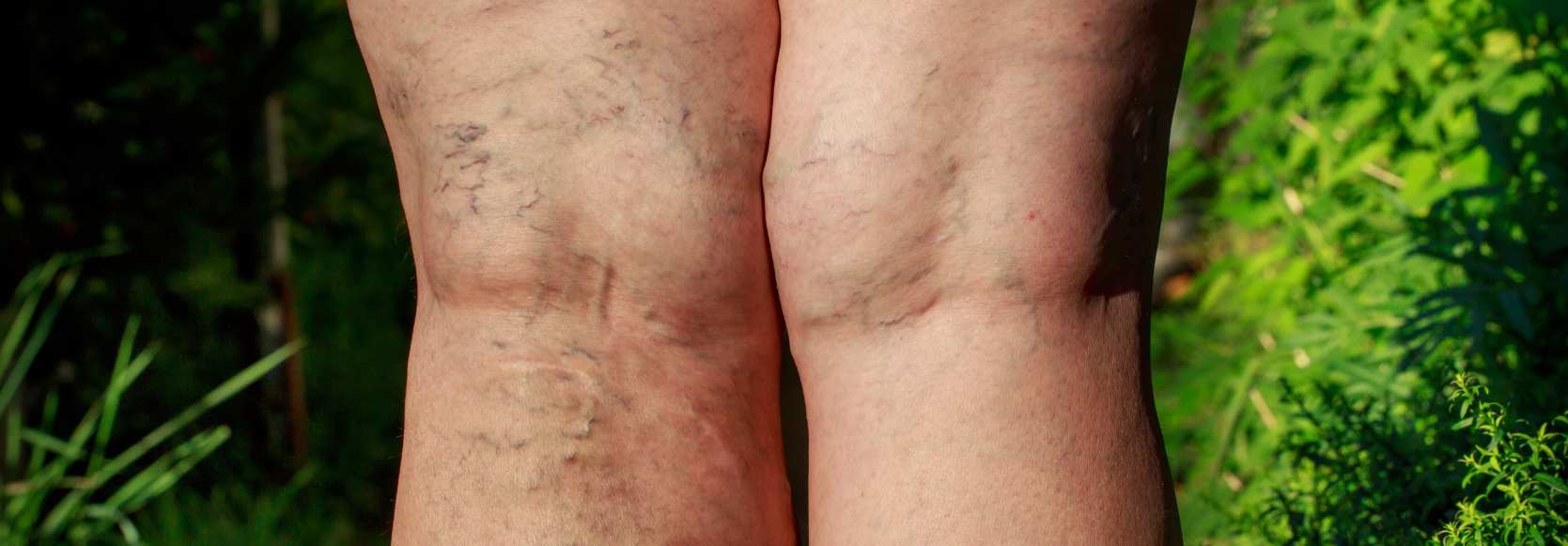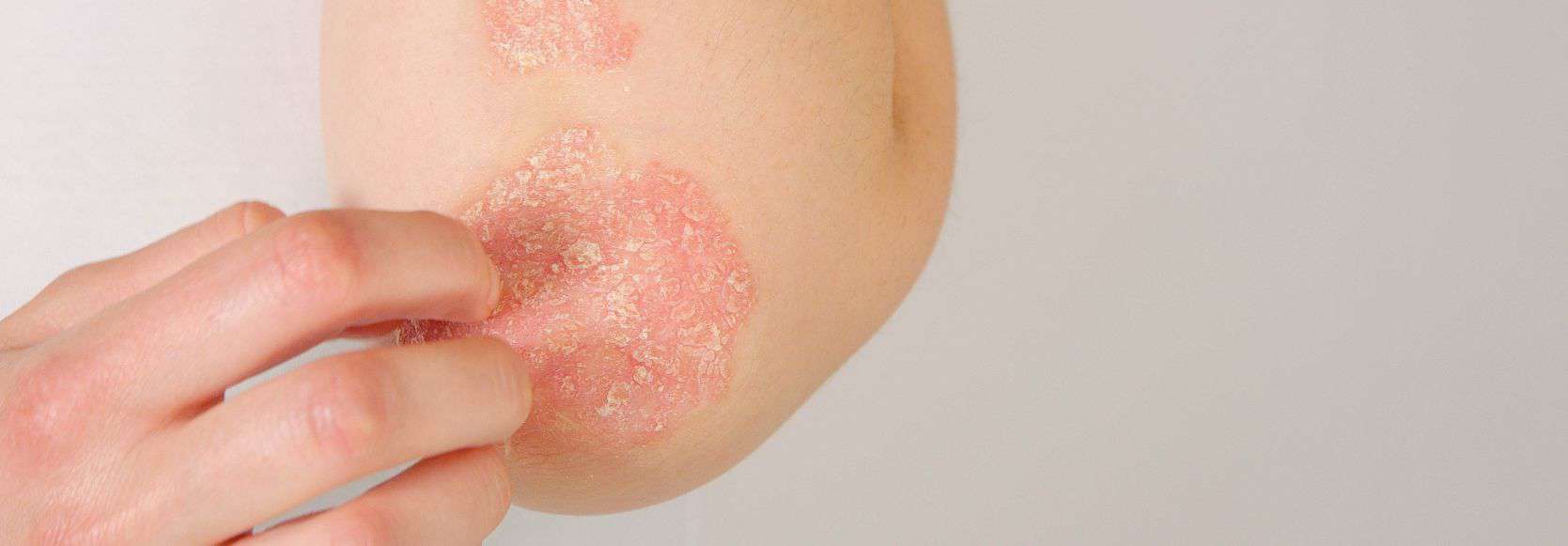As we step into April, it serves as the perfect opportunity to highlight rosacea, a skin condition that’s often overlooked and misunderstood, affecting numerous lives across the globe. If you’re dealing with this chronic inflammatory skin issue, remember, your journey isn’t a solitary one.
This blog post aims to provide essential guidance, insights, and tips, allowing you to manage rosacea effectively. Be it you or a dear one recently diagnosed, or those in the phase of managing the condition, or even if you’re just seeking knowledge, this is your all-inclusive guide to understanding rosacea.
Decoding Rosacea
Rosacea, a persistent skin condition largely affects the face, causing a red hue, visible blood veins and, at times, reddish bumps. It typically appears on the nose, cheeks, forehead and chin, often with a burning sensation and discomfort. While the exact catalysts may differ, the silver lining is that with correct diagnosis and management, many individuals can successfully keep their symptoms in check.
Unearthing the Causes and Triggers
Deciphering Rosacea Symptoms and Variations
Combatting Rosacea: Prevention and Management
- Monitor your triggers carefully and avoid them as much as feasible
- Shield your skin with broad-spectrum sunblock
- Select skincare products that are mild and devoid of irritants
- Maintain a consistent daily skincare routine
- Avoid harsh face scrubbing or rubbing
- Cleanse your face with tepid water and gently pat your skin dry
Treatment Alternatives
Incorporating Lifestyle Changes
Seeking Support and Resources
Wrapping Up
Living with rosacea is a continuous journey requiring patience, support and sometimes lifestyle alterations and routine modifications. Awareness and understanding of the condition, both amongst those suffering from rosacea and their environment, are key to successful management. By following these guidelines and closely cooperating with your healthcare provider, you can lead a fulfilling life while successfully managing rosacea.
This Rosacea Awareness Month, pause to appreciate your tenacity and resilience and continue your quest for resources and support that best suit your requirements.





